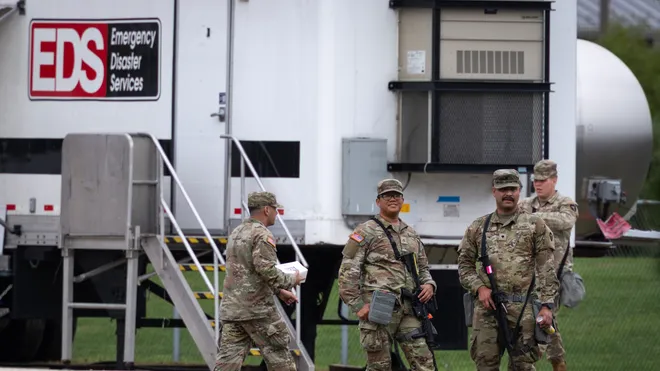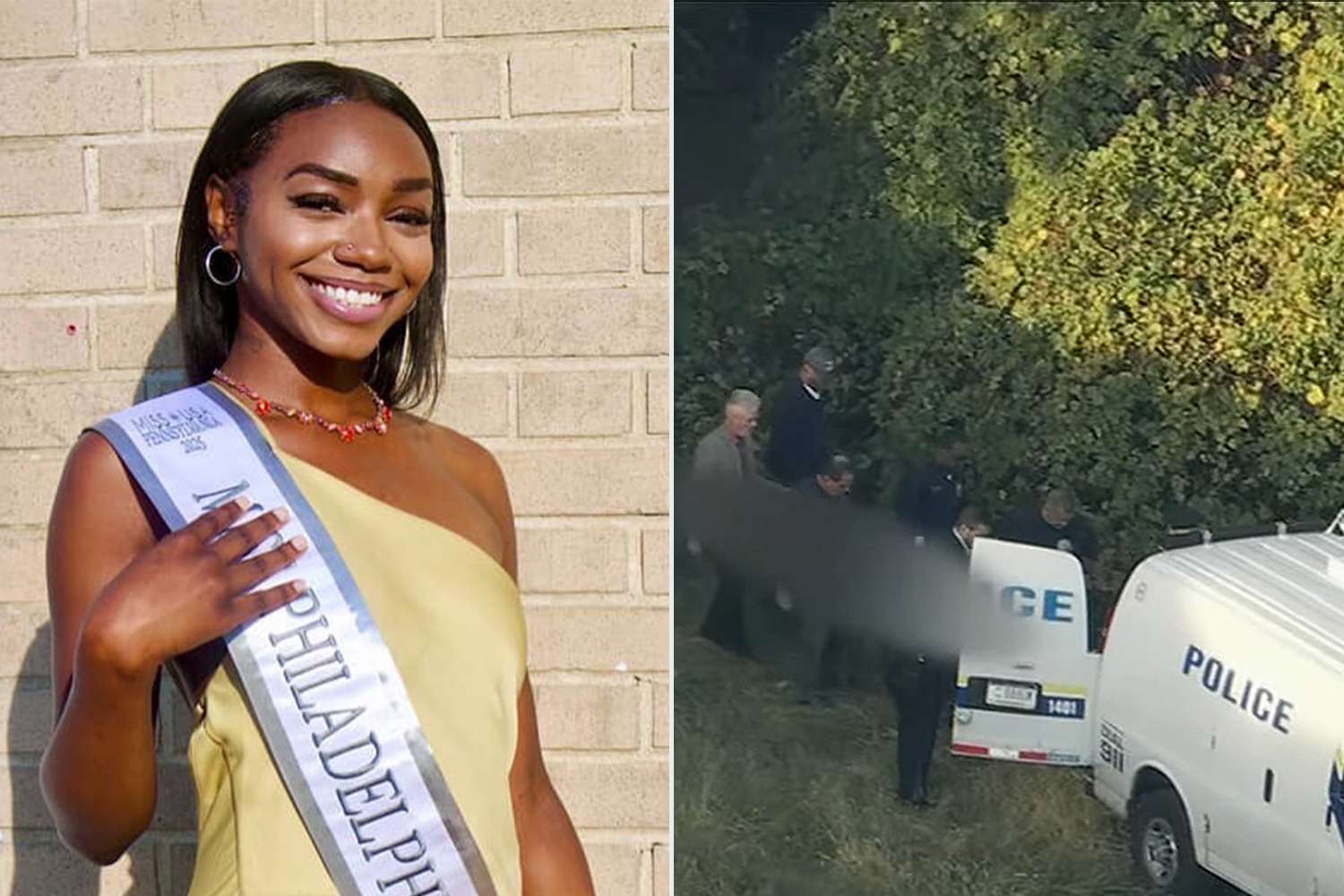
The U.S. Department of Justice (DOJ) under the Trump administration has announced the termination of federal oversight efforts for police departments in Minneapolis and Louisville, stemming from civil rights violations observed after the killings of George Floyd and Breonna Taylor. The DOJ also intends to rescind findings in six other cities, arguing that federal oversight should not extensively manage local police departments. Assistant Attorney General Harmeet Dhillon emphasized that community control over police is fundamental. The rollback includes ending investigations from the Biden era and reviewing consent decrees, some dating back to the Obama administration.
Critics, including civil rights lawyer Ben Crump, have condemned the move as an erasure of truth and justice. The DOJ’s announcement coincides with the five-year anniversary of George Floyd’s death and signals a significant retreat from the department’s traditional civil rights enforcement role under Democratic administrations.
Despite the DOJ’s withdrawal, mayors of Minneapolis and Louisville have pledged to continue reforms independently. Louisville has allocated $750,000 for an external monitor, and Minneapolis is relying on a state agreement.
The DOJ’s decision reflects a broader policy shift under the Trump administration, moving away from federal oversight of local policing and realigning the Justice Department’s civil rights focus toward targeting antisemitism and diversity initiatives. Critics argue that this move undermines accountability and trust in law enforcement, while law enforcement unions have welcomed the rollback of consent decrees.
This development underscores the ongoing debate over the role of federal oversight in local policing and its impact on civil rights and community trust.






